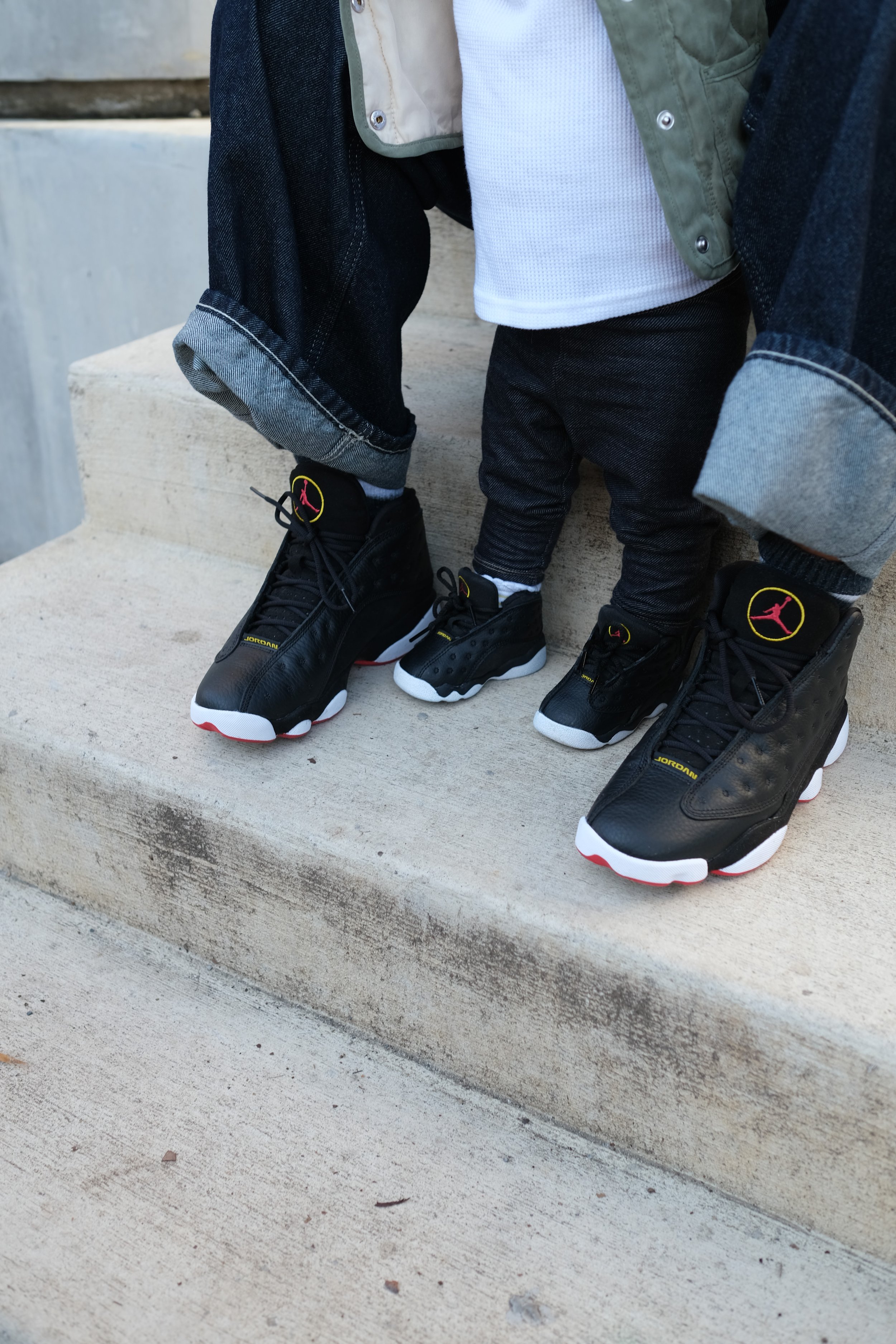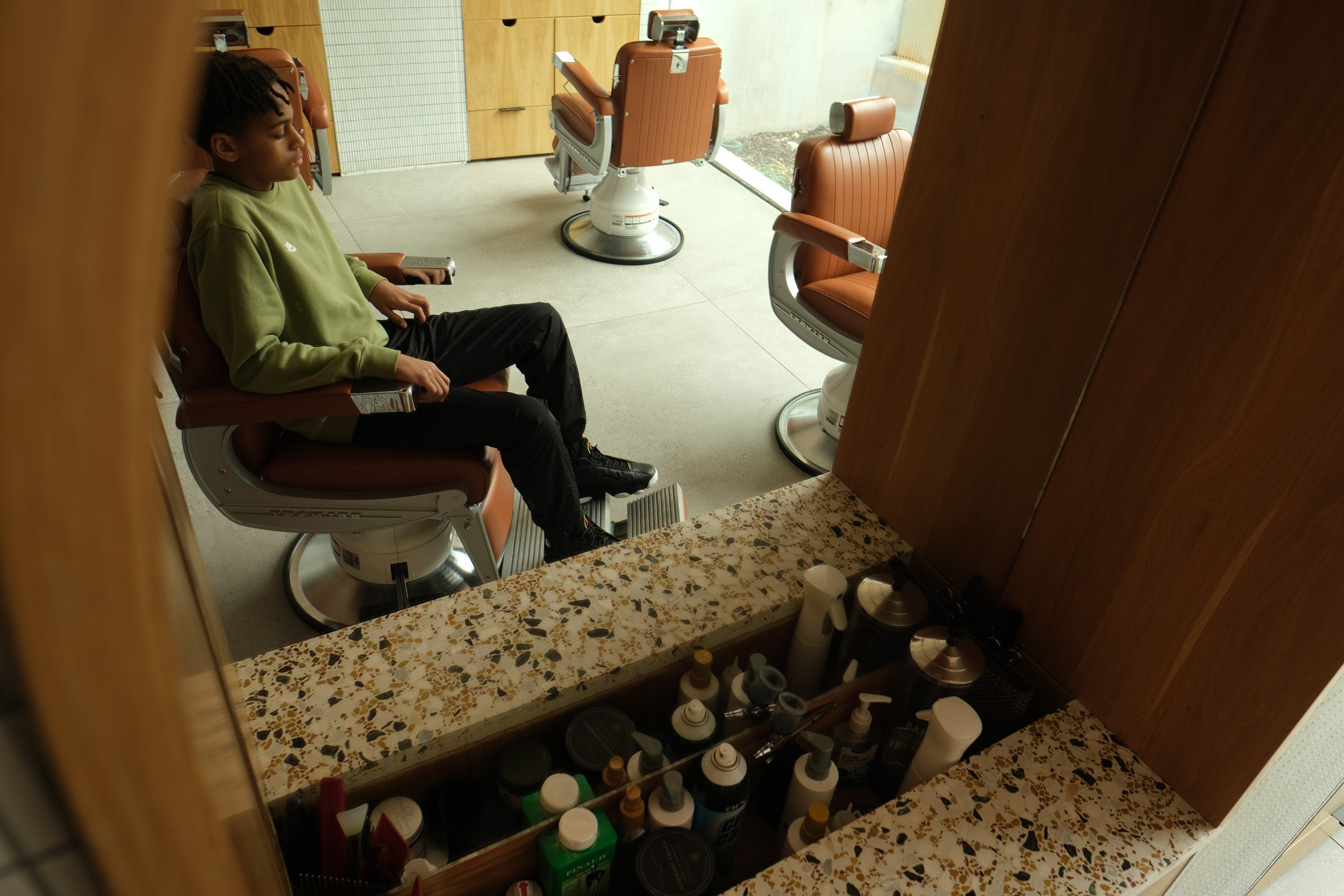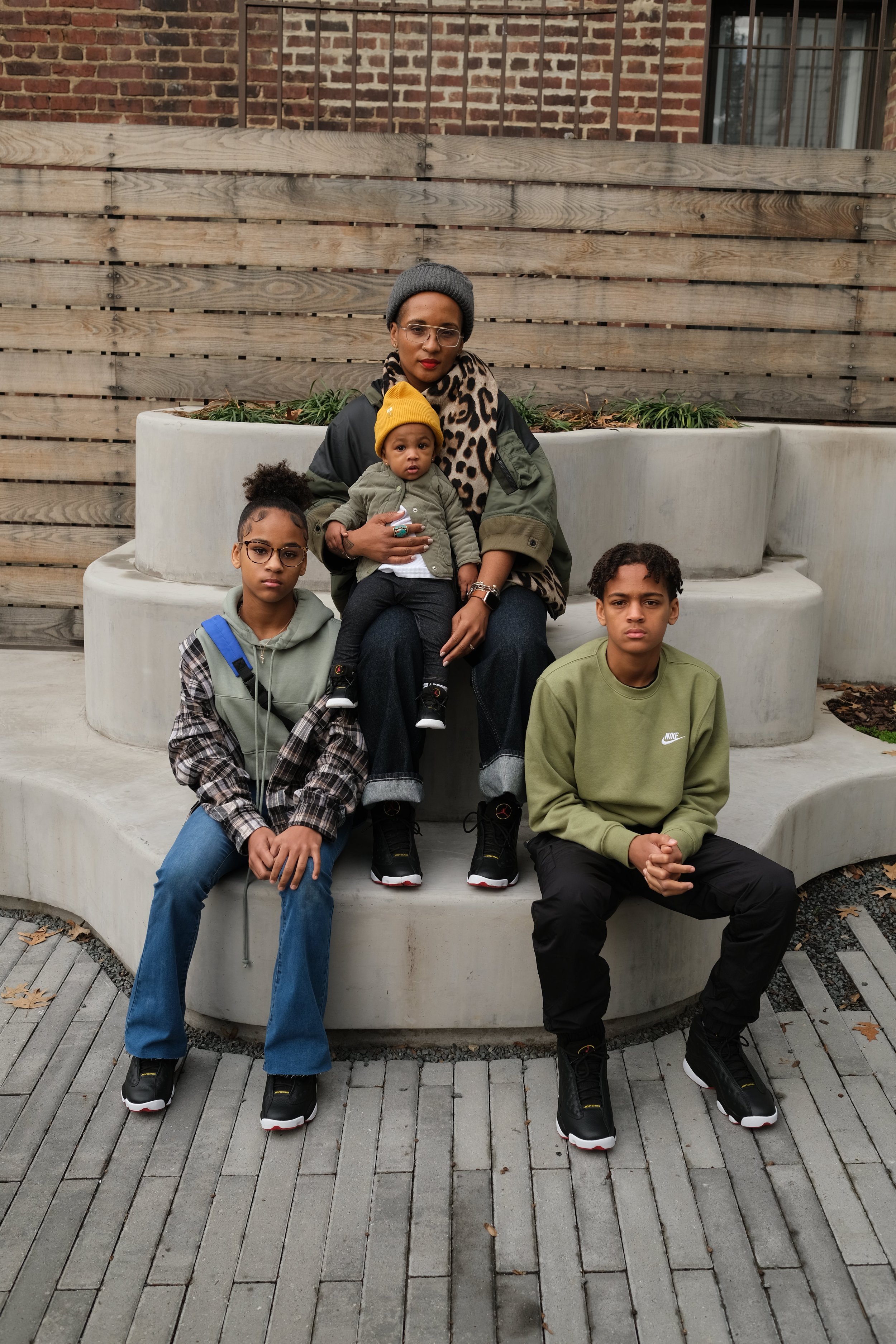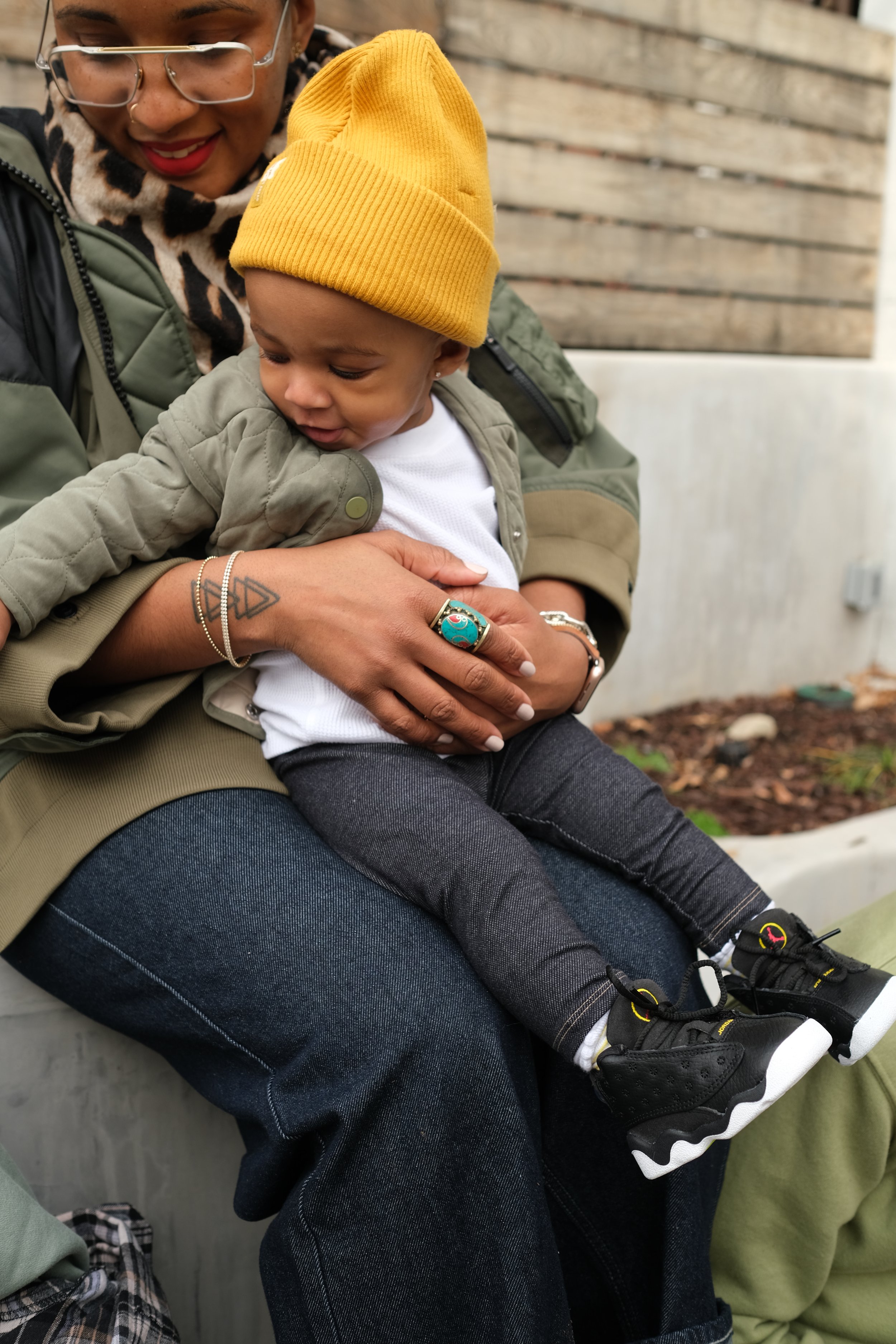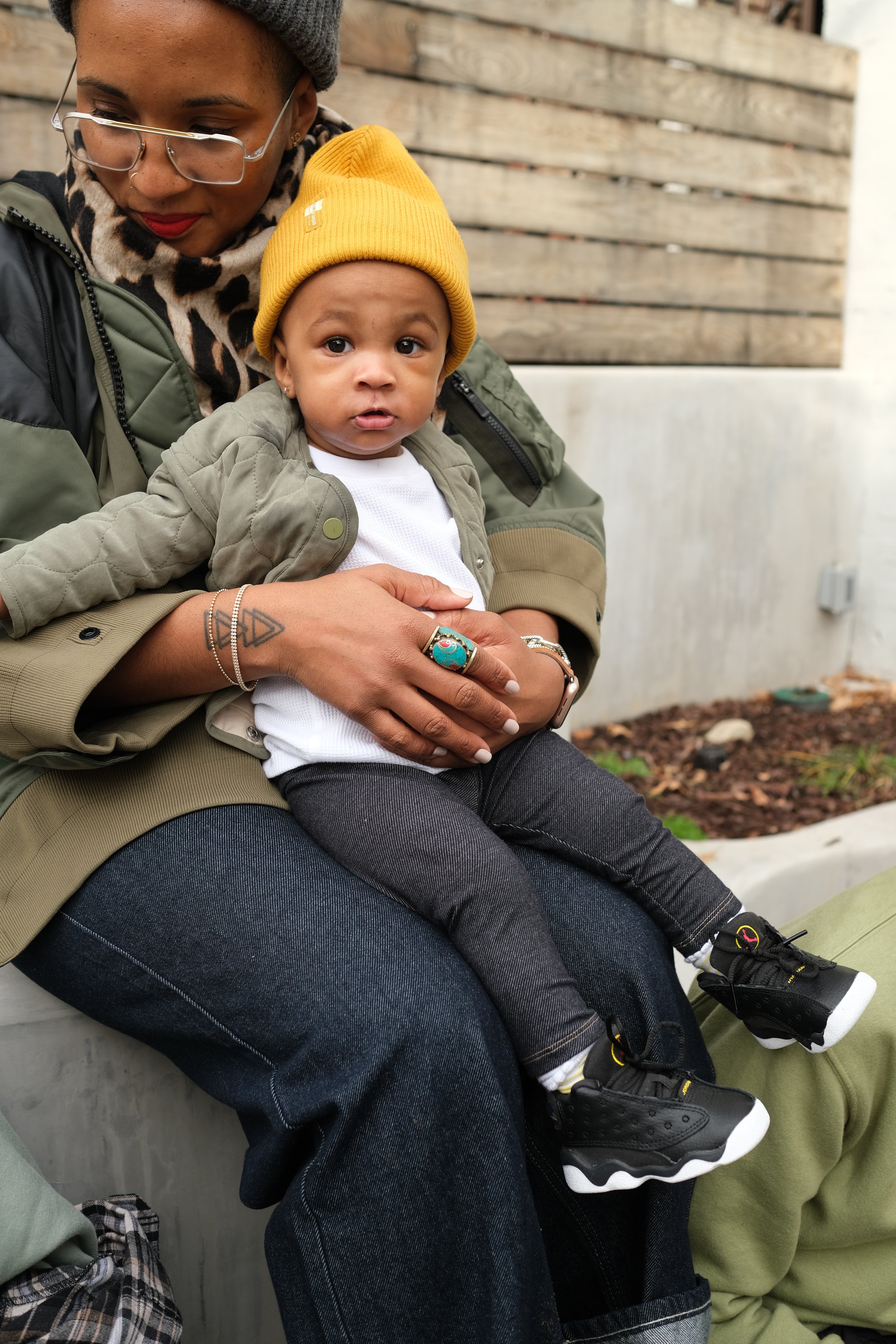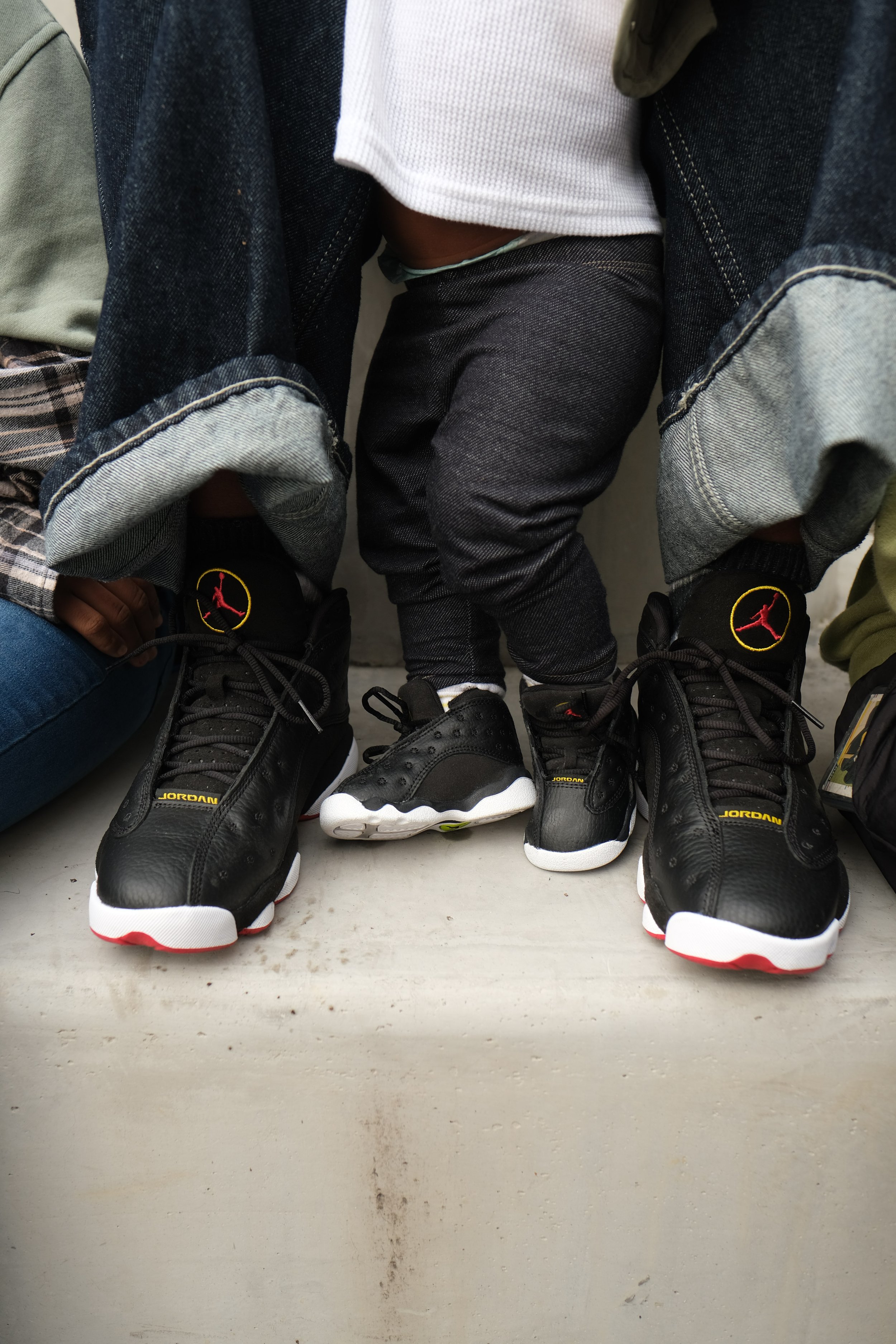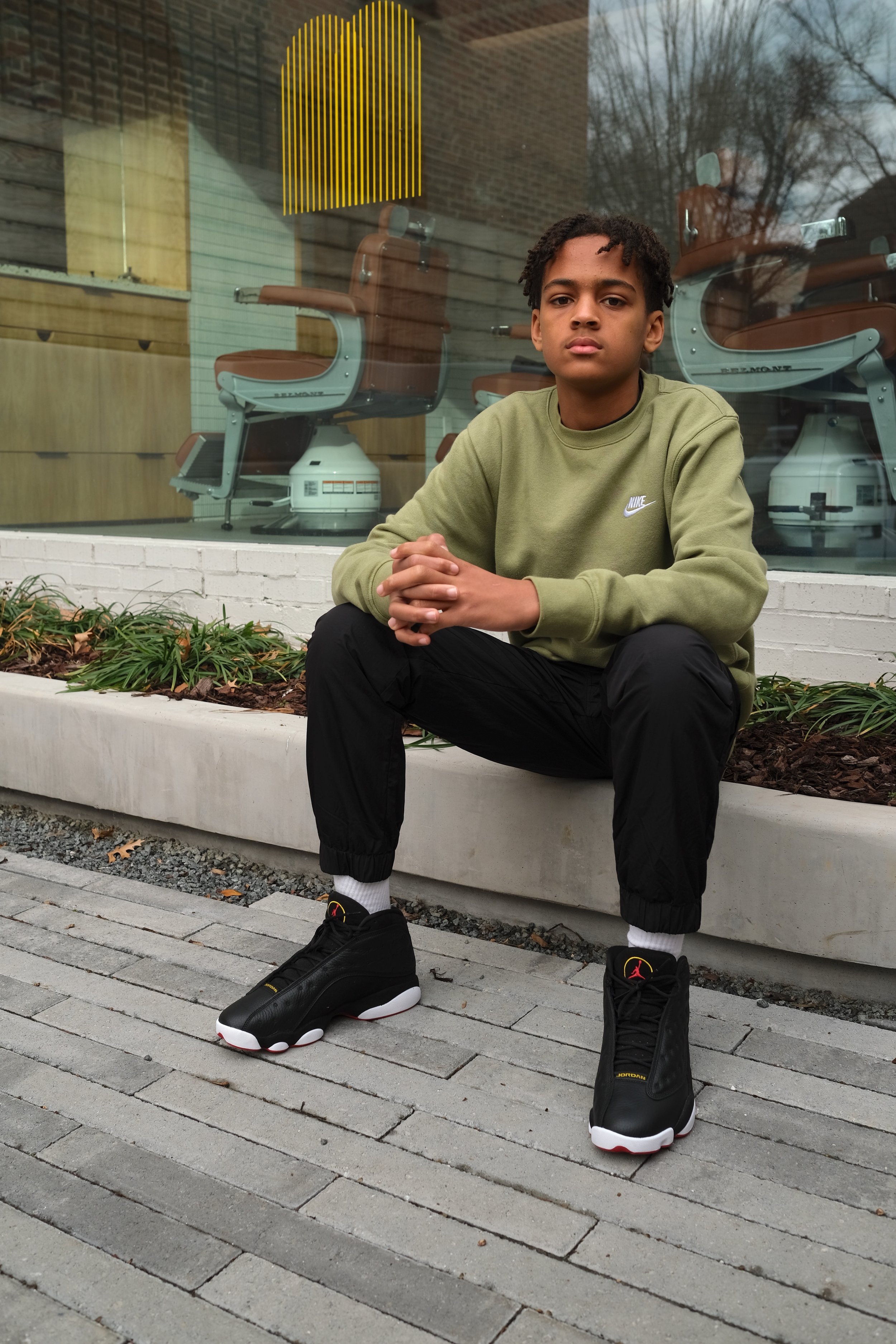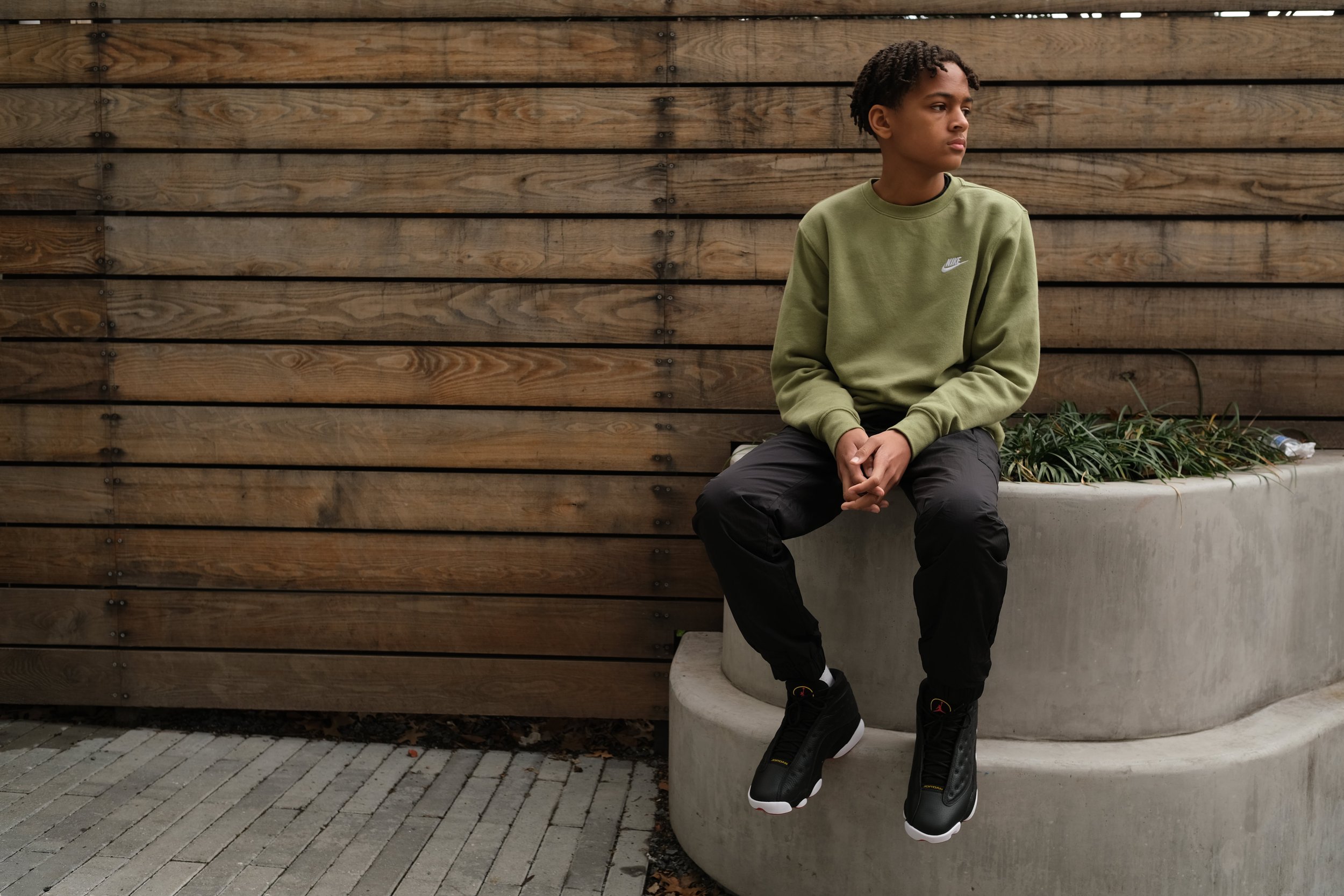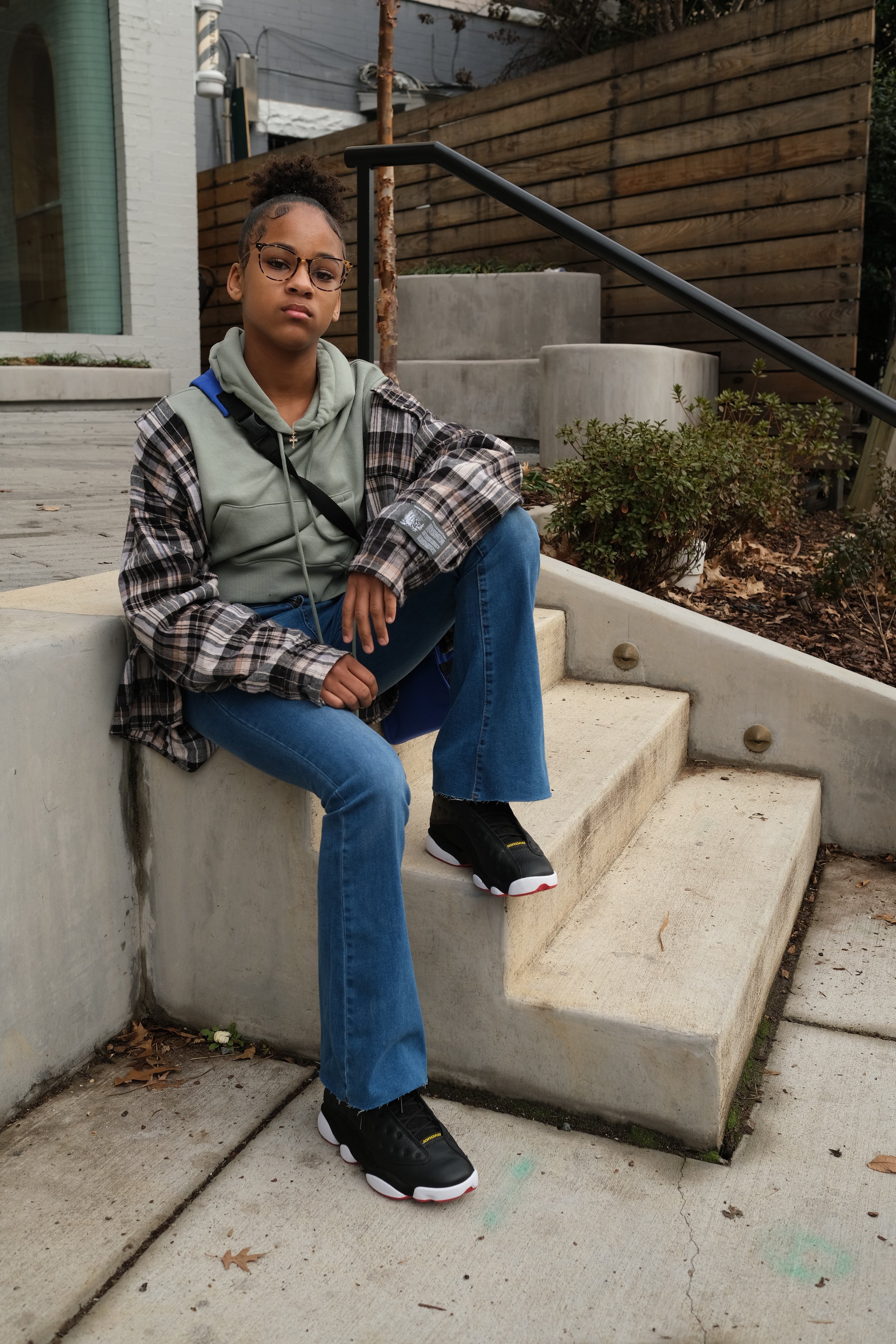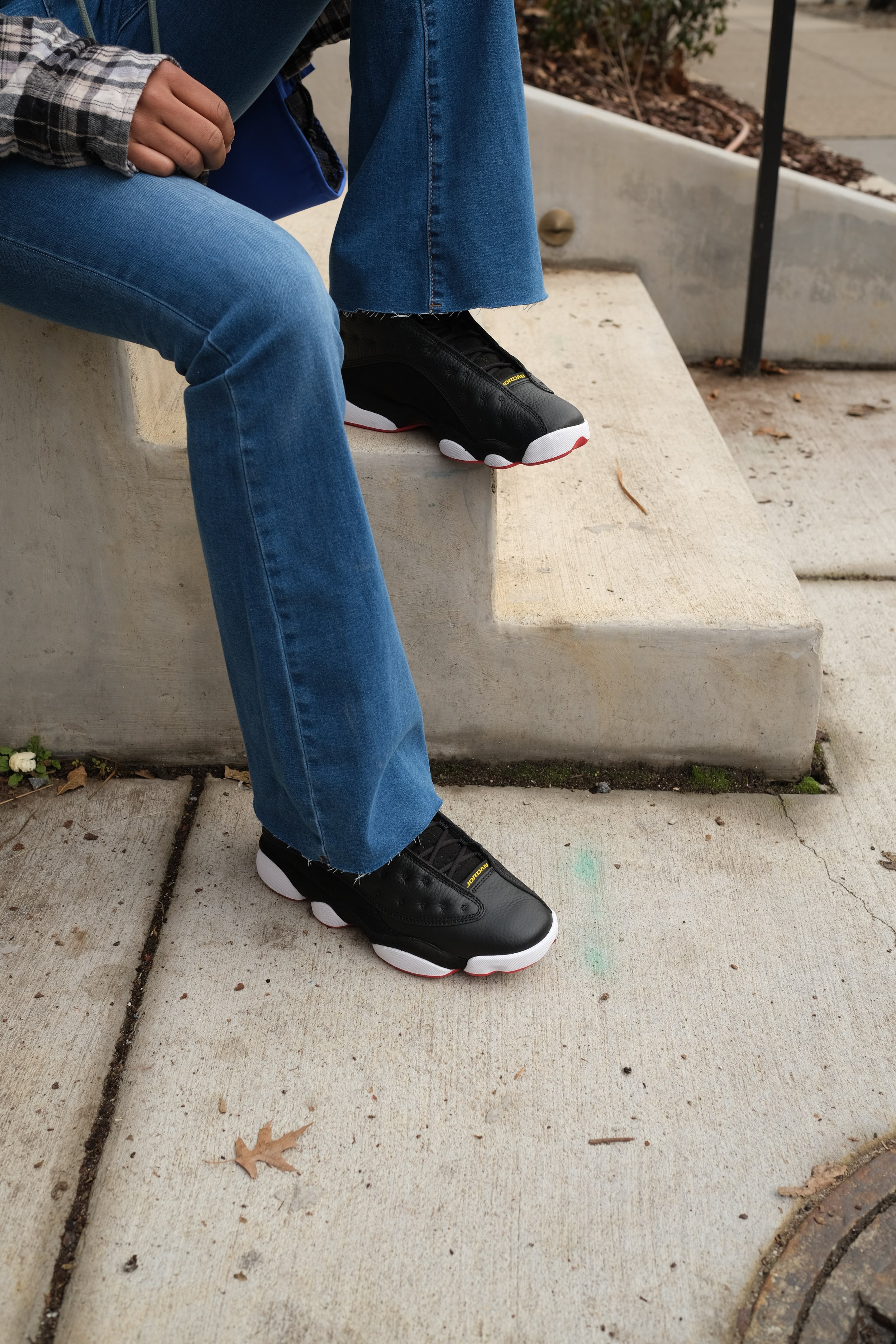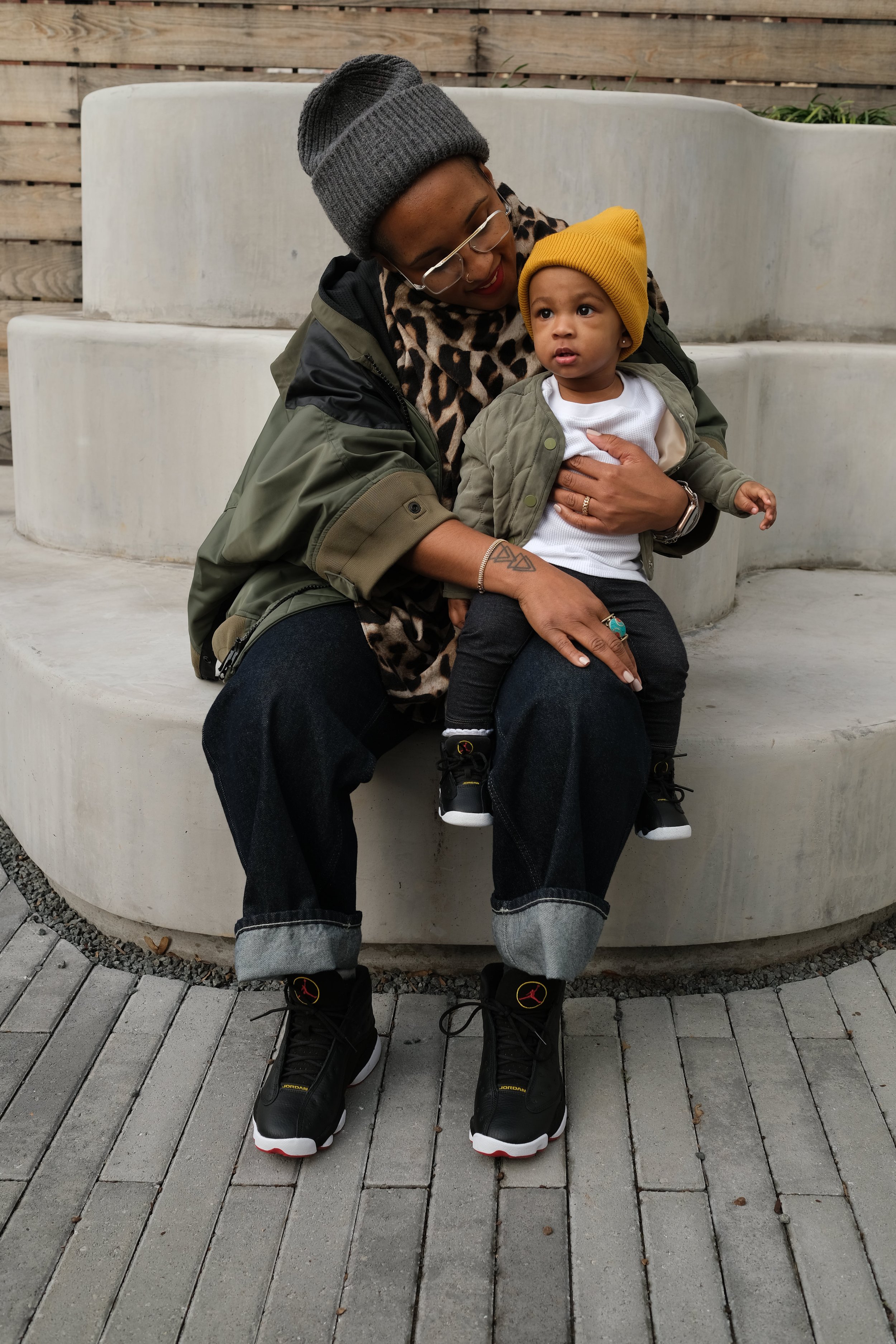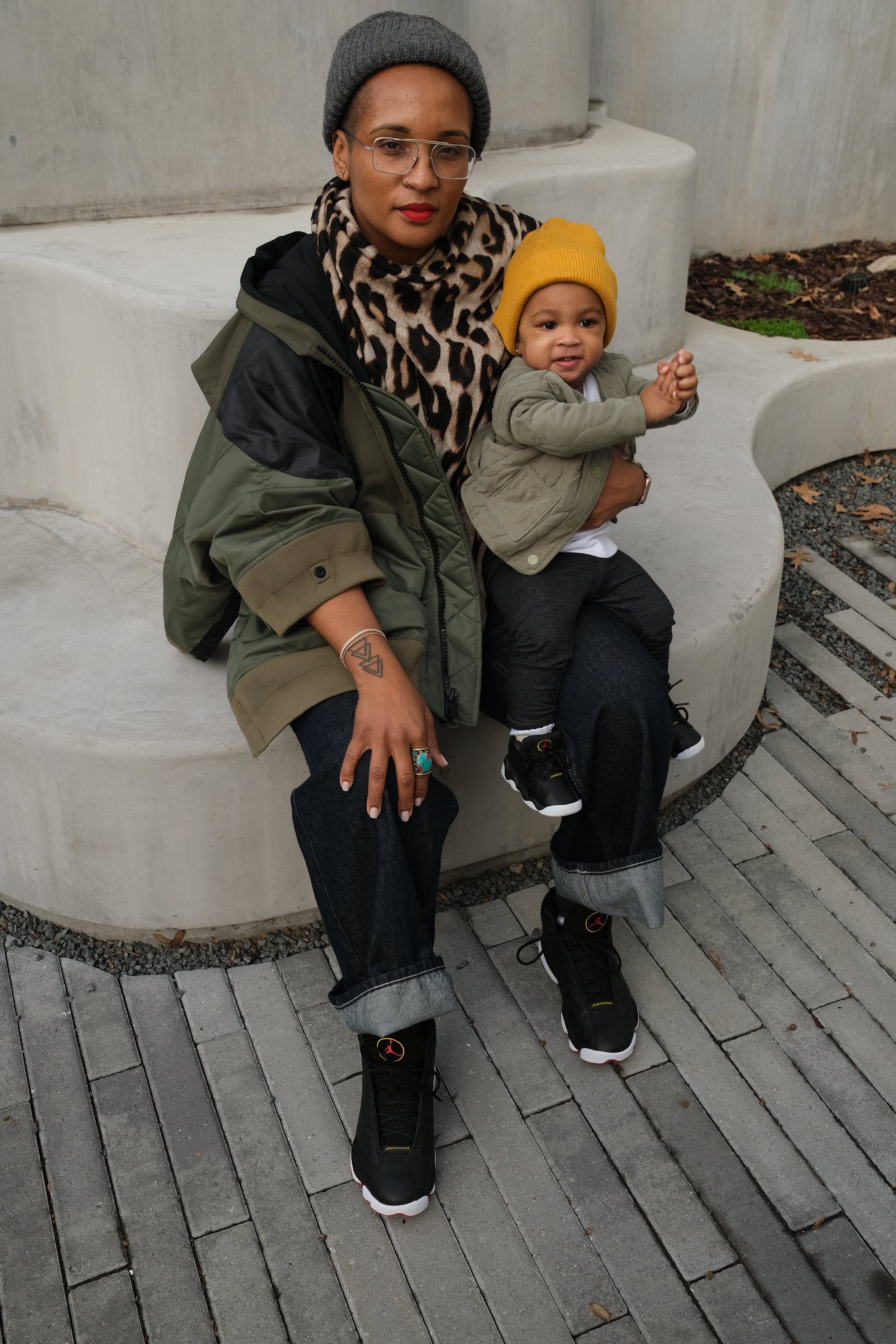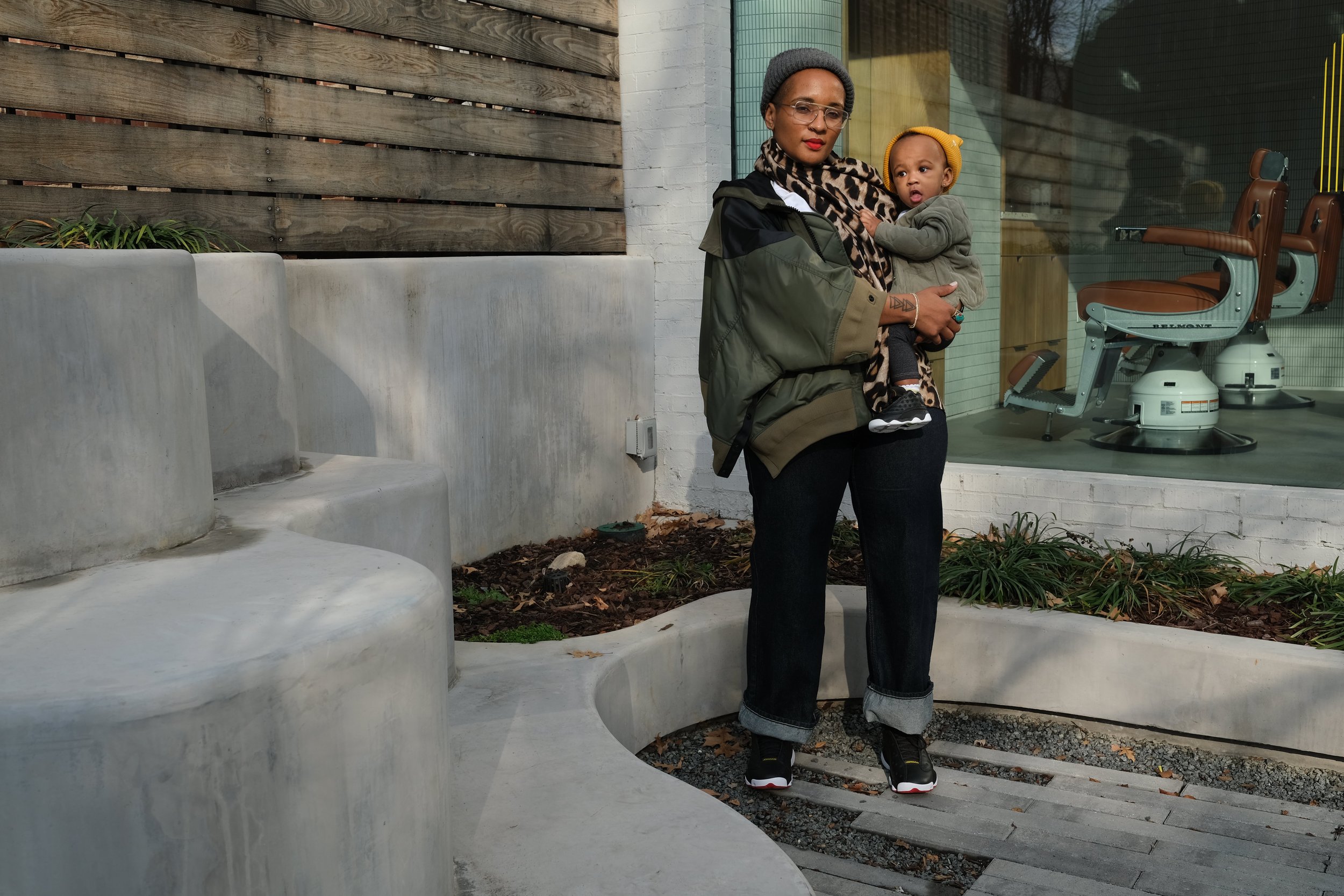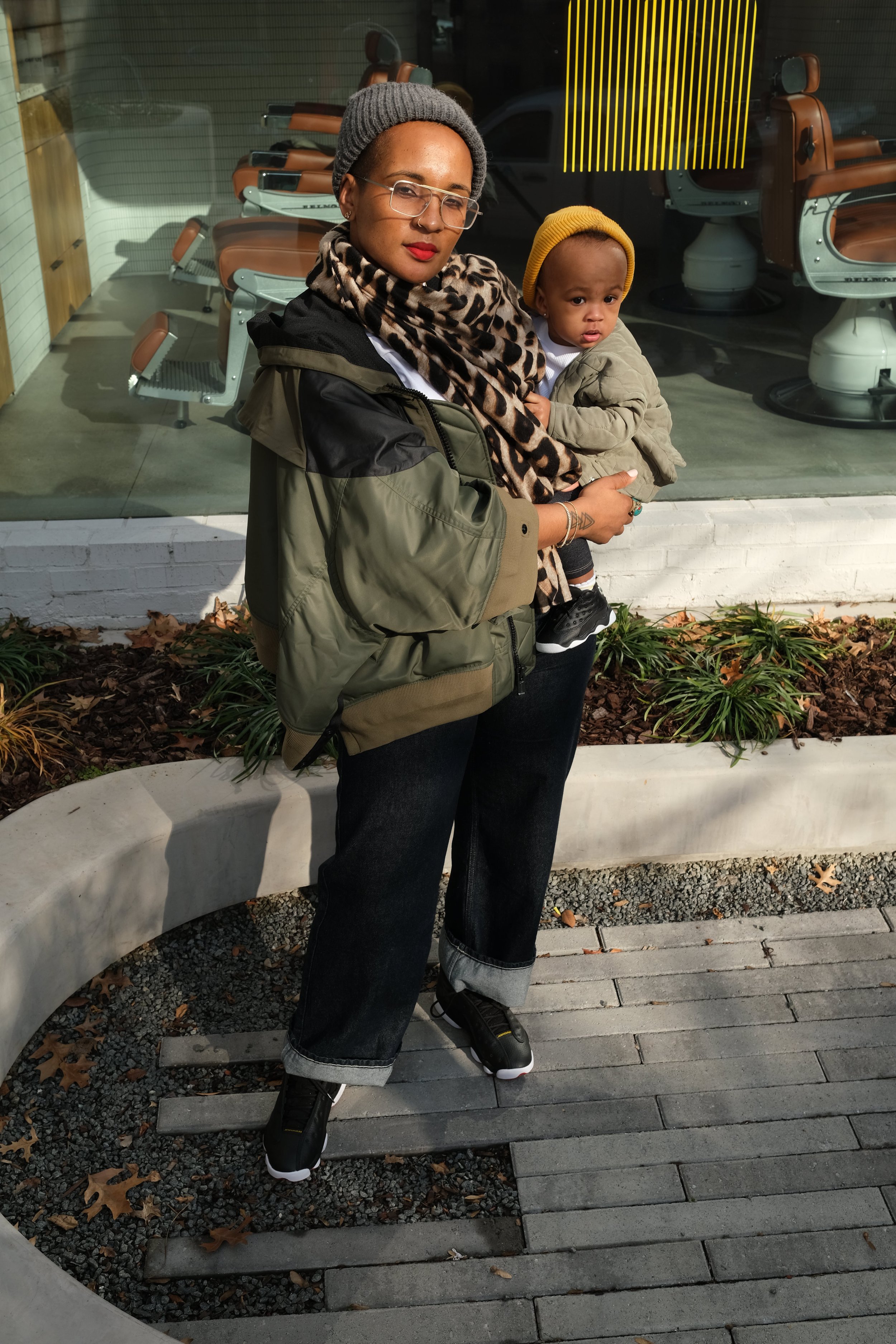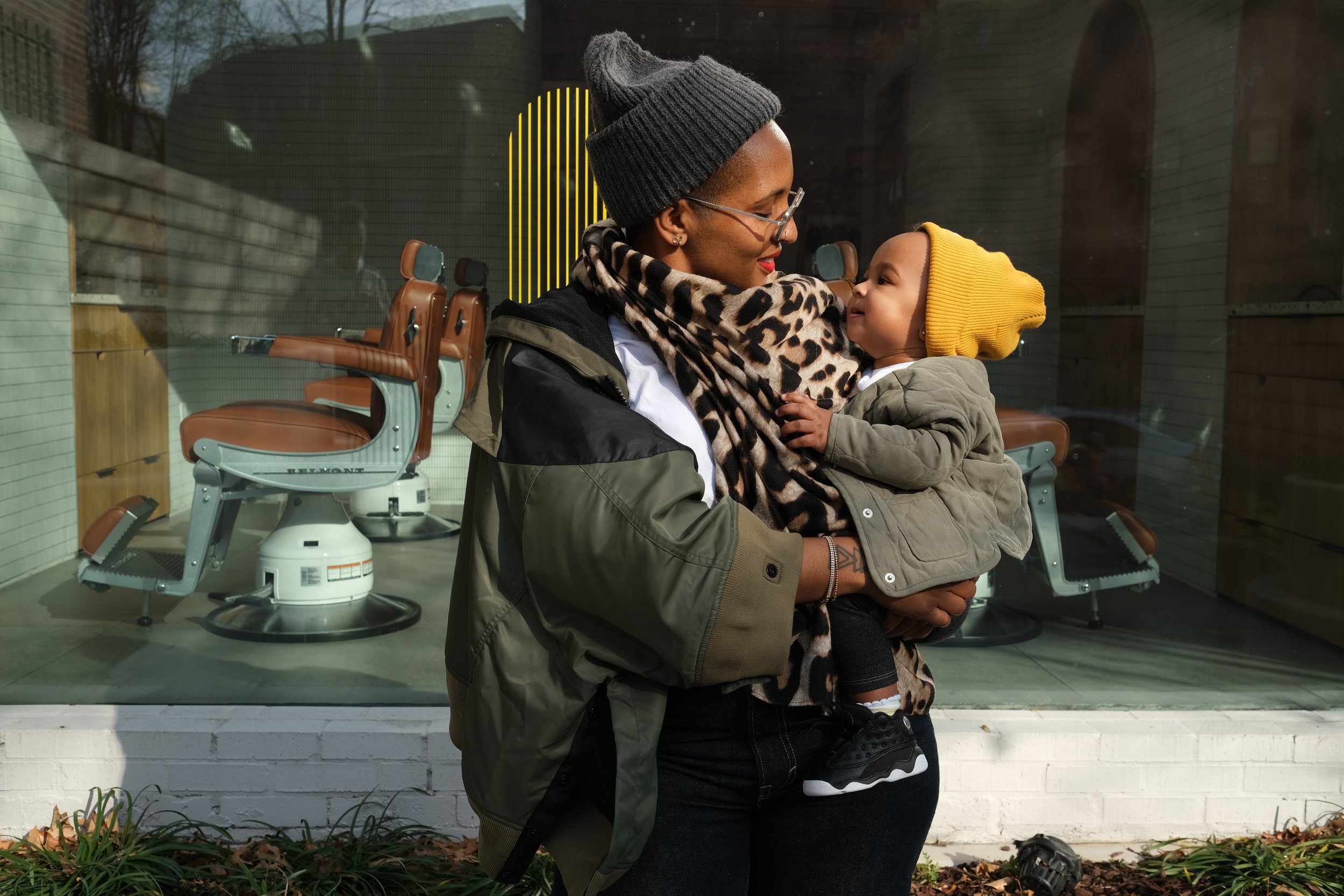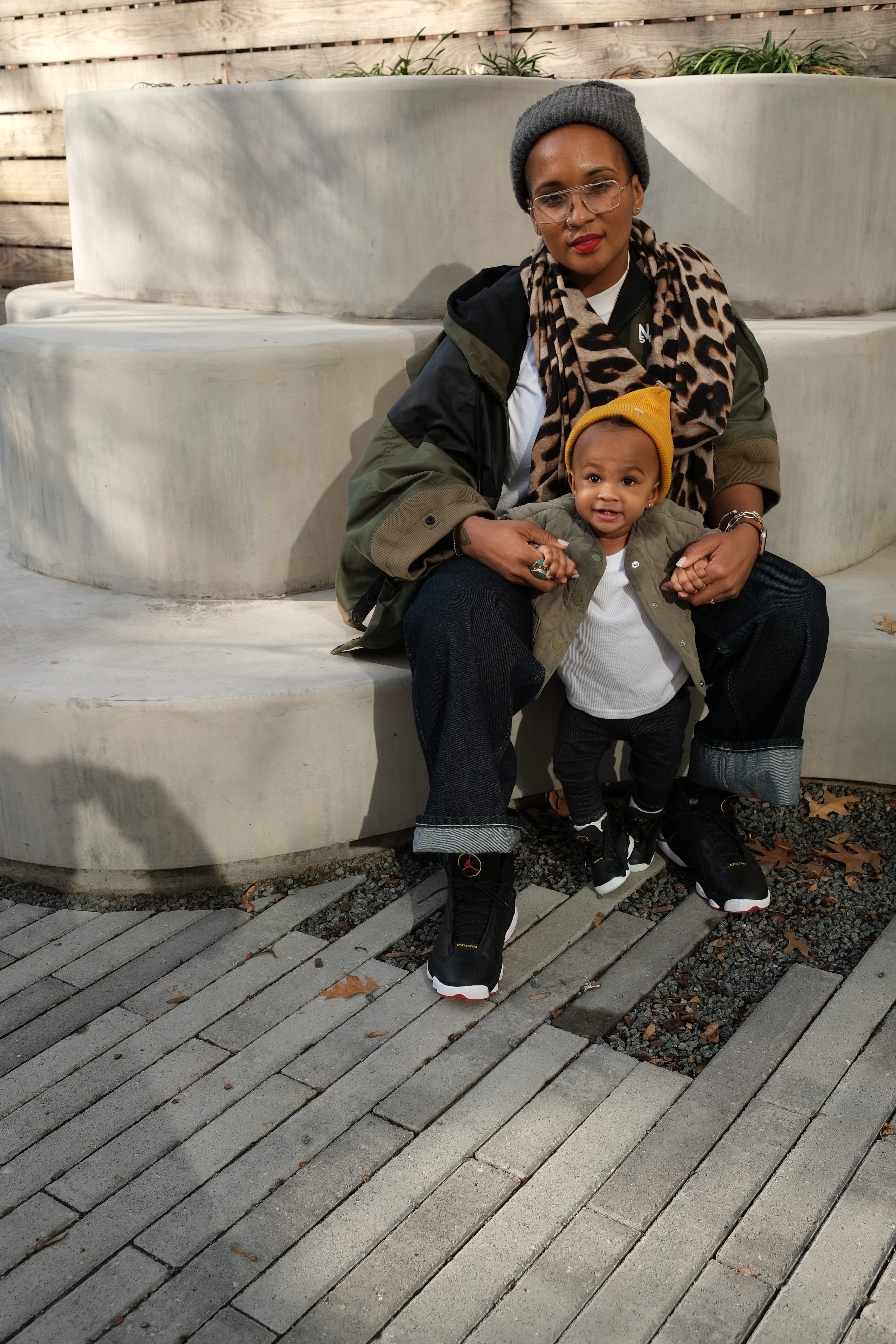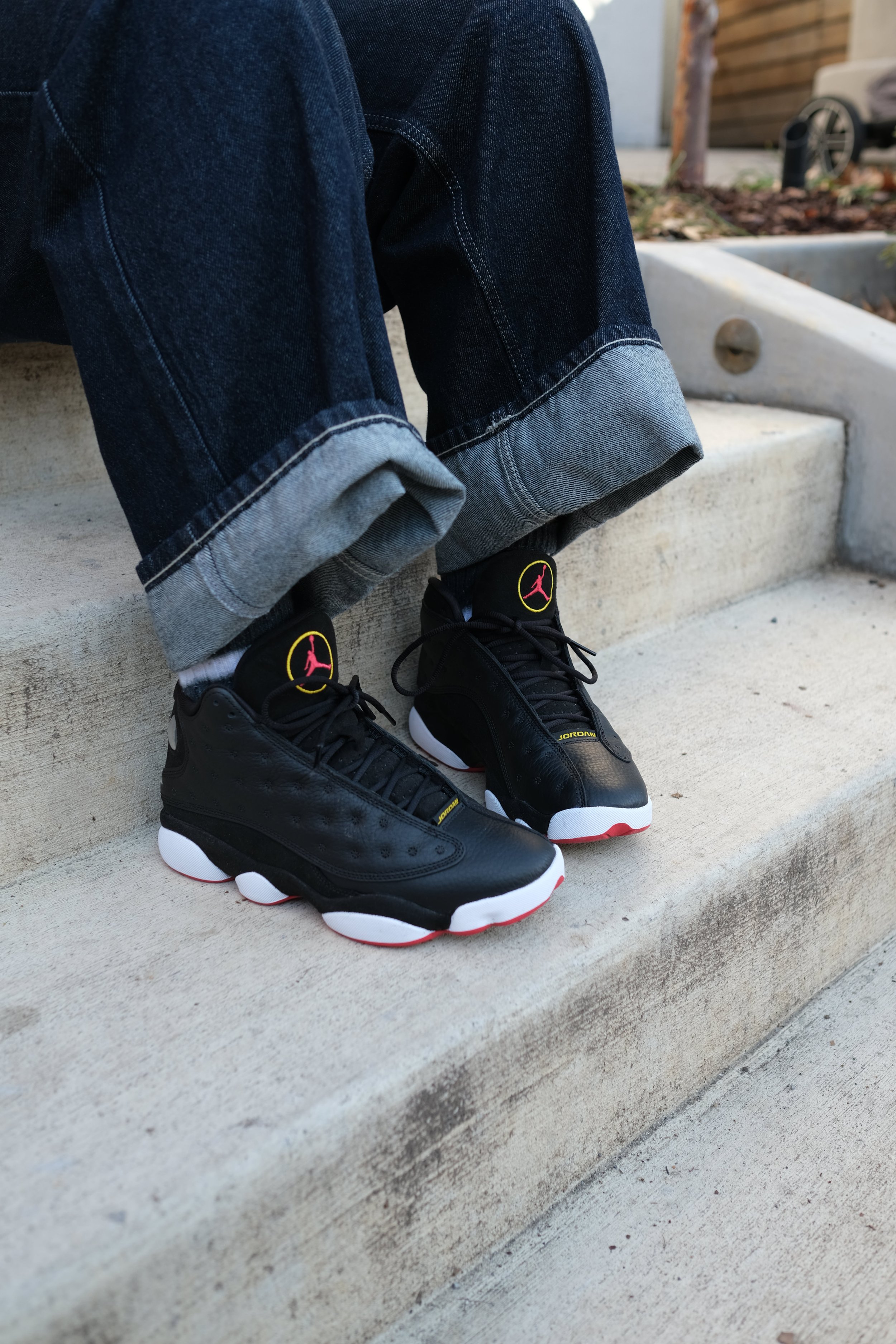There seems to be another predictable uproar of discontent around this year’s Oscar nominations. I’m not sure why anyone expects differently, the idea of “art awards” is an absurd premise. This is the same voting body that gave best picture to incredibly forgettable movies like Crash and The Artist. At least they seemingly have managed to dodge the representation bullet for 2023.
Despite big name directors releasing long awaited, pandemic delayed pictures, it was a pretty abysmal year for new movies. The only thing I saw last year that got the water rolling above a simmer was Killers of the Flower Moon, but it also suffered from some poor acting, distractingly bad CG, and Marty’s signature bloated runtime. I love Michael Mann, but Ferrari felt like one of those movies that only exists to be screened on a flight. Despite all the Barbenheimer movies-are-back excitement, I found both to be equally underwhelming. Nolan’s movies I find to be deeply impersonal, relying too much on heavy handed score and slow motion visuals to try and stir something resembling emotion. Its like I’m watching a Super Bowl commercial made to sell diamonds. Barbie on the other hand was a solid girl power popcorn movie. Just because it wasn’t as stupid as it easily could have been doesn’t necessarily mean it’s high art. I haven’t seen it yet, but I suspect Poor Things might be a more interesting riff on feminism than a thinly veiled satire from the masterminds at Mattel.
This weekend I tried to at least catch up with everything nominated for Best Picture, though it matters to me not at all what ends up winning. First I watched Anatomy of a Fall, which was beautifully done. It ran a bit long and the story didn’t feel as open ended as it was intended to be. It reminded me of Haneke’s Cache, but the mystery could have been played up more.
Sunday, I went solo to see The Zone of Interest and it has not left my mind. The first thing I noticed in the theater was the reappearance of Sandra Hüller, whose stellar performance carries AOAF. I began to wonder if the picture was deliberately unadorned, the elements of nature throughout seem muted and cooled out in the sunlight. We see a strong nuclear family with happy children and engaged parents. From the very first frame the suspended sense of unease slowly washes over the viewer like a Shepard scale. The small events of seemingly mundane domestic life start to drain the blood from your body. There is a subtext or background detail to every single action on screen that completely undermines any sense of normalcy projected by the family. You seethe at these characters while they celebrate birthdays and eat dinner as a unit. We know that every domestic comfort enjoyed by these people is either stolen or tainted with the misery and death of innocent victims. The ever-present score, a quieted cacophony of screams, gunshots, and industrial machinery echoes just beyond a prison fence as the matriarch, Hedwig, strolls through her garden with her infant. The beautiful flowers tended by forced prison labor are literally fed with the ashes of the dead.
We don’t see the holocaust actually unfold on screen, yet every character is literally draped in it. Confiscated furs and dresses decorate an otherwise plain home. The prison barracks poke above the barbed wire and concrete dividing wall. The meticulously kept home, staffed with jewish servants is continuously scrubbed and cleaned, a constant process of sanitization at the behest of the filthiest souls. When the children are taken in a confiscated boat to go swimming, bones and ash flow past them in the river prompting a mandatory deep scrubbing upon returning home. The river itself, once a vital resource, now flows with remnants of death. It symbolizes displacement amidst characters that refuse to leave the comfortable confines of their home. Later as an argument develops between Rudolph and Hedwig, Rudolph picks up a pair of shoes that were abandoned by one of his sons on the dock. This seemingly benign detail is a crushing reflection of the stockpiles of personal belongings left behind by real people killed en masse.
As Rudolph reads bedtime stories to his children, a young Polish girl rides into the night to hide apples for prisoners to eat while conducting their back breaking labor. The contrasting goodness of her spirit shown to us through nightvision, she and her apples radiate pure light amidst a muddy, miserable worksite. She finds a piece of original music hidden in a tin by a prisoner, which she safely carries home and plays on piano. We never see a single prisoner, yet we are repeatedly reminded of their suffering.
Hedwig’s mother comes to visit the home. She is initially blown away by the life her daughter Hedwig has made for herself, a large home and a beautiful sprawling garden for her children. Her mother’s sporadic coughs a subtle reminder of the true cost of maintaining such a lifestyle. She makes a few disparaging remarks about the wealthy jews’ homes she once cleaned. Now the tables have turned, and there are jews working as servants in her daughter’s home. There is a persistent insomnia in the home, even the cozy beds are not enough to offset the smoldering death outside. Upstairs, a nanny stays up all night tending to a baby that never stops crying. The nanny swigs huge gulps of alcohol to numb herself. When Hedwig’s mother awakes in the middle of the night by the endless drone and demonic glow of industrial death bellowing from smokestacks outside the window, it is too much for her to bear. She vanishes from the home without saying goodbye, leaving only a note. After discovering the note, Hedwig burns it in the furnace.
There is a recurring theme of stillness amongst great upheaval. Like the flowing of the ash ridden river, we often see smoke from trains just beyond the wall of the home. As the characters enjoy their stable home, thousands of displaced jews flow into the camp out of sight. The camera never moves, remaining affixed to reflect both emotional distance and the deliberate, insidious design of the camp itself. Rudolph is reassigned to oversee more death camps, his “success” in creating efficient machines of death eventually cause his own displacement. Hedwig refuses to join and leave their home in Aucshwitz, she believes she has sacrificed too much to give up her trophy home.
Rudolph attends a work function, wandering through the party untethered, fantasizing about how to efficiently gas the entire ballroom. He later phones Hedwig in the middle of the night to tell her that his superiors have named the plan to expand the holocaust into Hungary after him. She makes no effort to feign enthusiasm nor mention that her mother has left, instead only saying “I should be asleep right now” before hanging up.
We flash forward to a cleaning crew cleaning the Auschwitz museum, the massive piles of shoes and luggage signaling loss without showing a single person. This is Rudolph’s legacy, not one of military accomplishment and pride, but a national shame unable to be washed away. We return to him in the past as he vomits in an empty corridor.
TZOI slowly grinds you down and leaves with you like a bad smell clinging to the fibers of your clothes. It’s deceptively simple and horrifyingly effective. It is a painful reminder that often the cost of comfort is tremendous suffering and death elsewhere.


